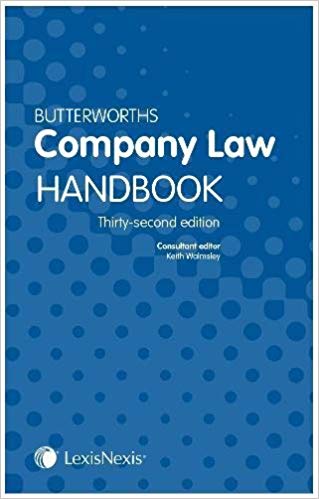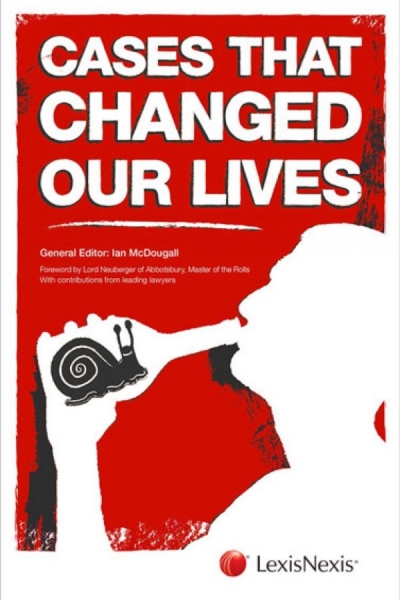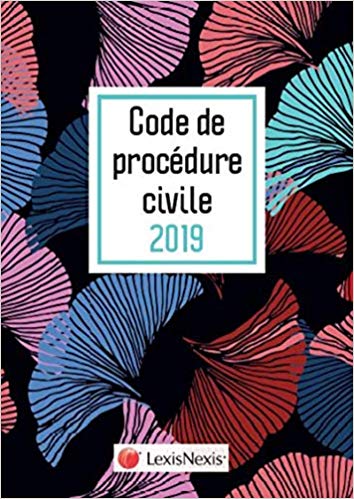Description
Law schools currently do an excellent job of helping students to ‘think like a lawyer,’ but empirical data show that clients, legal employers, and the legal system need students to develop a wider range of competencies. This book helps legal educators to understand these competencies and provides practical ways to build them into a law school curriculum. Based on recommendations from the American Bar Association, the American Association of Law Schools, and the Carnegie Foundation for the Advancement of Teaching, it will equip students with the skills they need not only to think but to act and feel like a lawyer. With this proposed model, students will internalize the need for professional development toward excellence, their responsibility to others, a client-centered approach to problem solving, and strong well-being practices. These four goals constitute a lawyer’s professional identity, and this book empowers legal educators to foster each student’s development of a professional identity that leads to a gratifying career that serves society well. This title is Open Access.
- Provides actionable advice to legal educators to foster the development of each student’s professional identity
- Structured to help readers understand opportunities for innovation in their law school curriculum to benefit both students and the law school
- Offers a model that is based on the best empirical data from clients, legal employers, and educational research on effective curriculum
Table of Contents
- Introduction: The four foundational professional-development-and-formation goals and their benefits for faculty, staff, and administrators
- A framework for purposefulness to realize the four professional-development-and-formation goals
- Competency-based education as another step toward purposefulness – lessons learned from medical education’s fifteen years of additional experience with professional development and formation goals
- Ten principles to inform curriculum development
- Going where each stakeholder is and building bridges among them in order to realize the four professional-development-and-formation goals
- The opportunity to lead.







